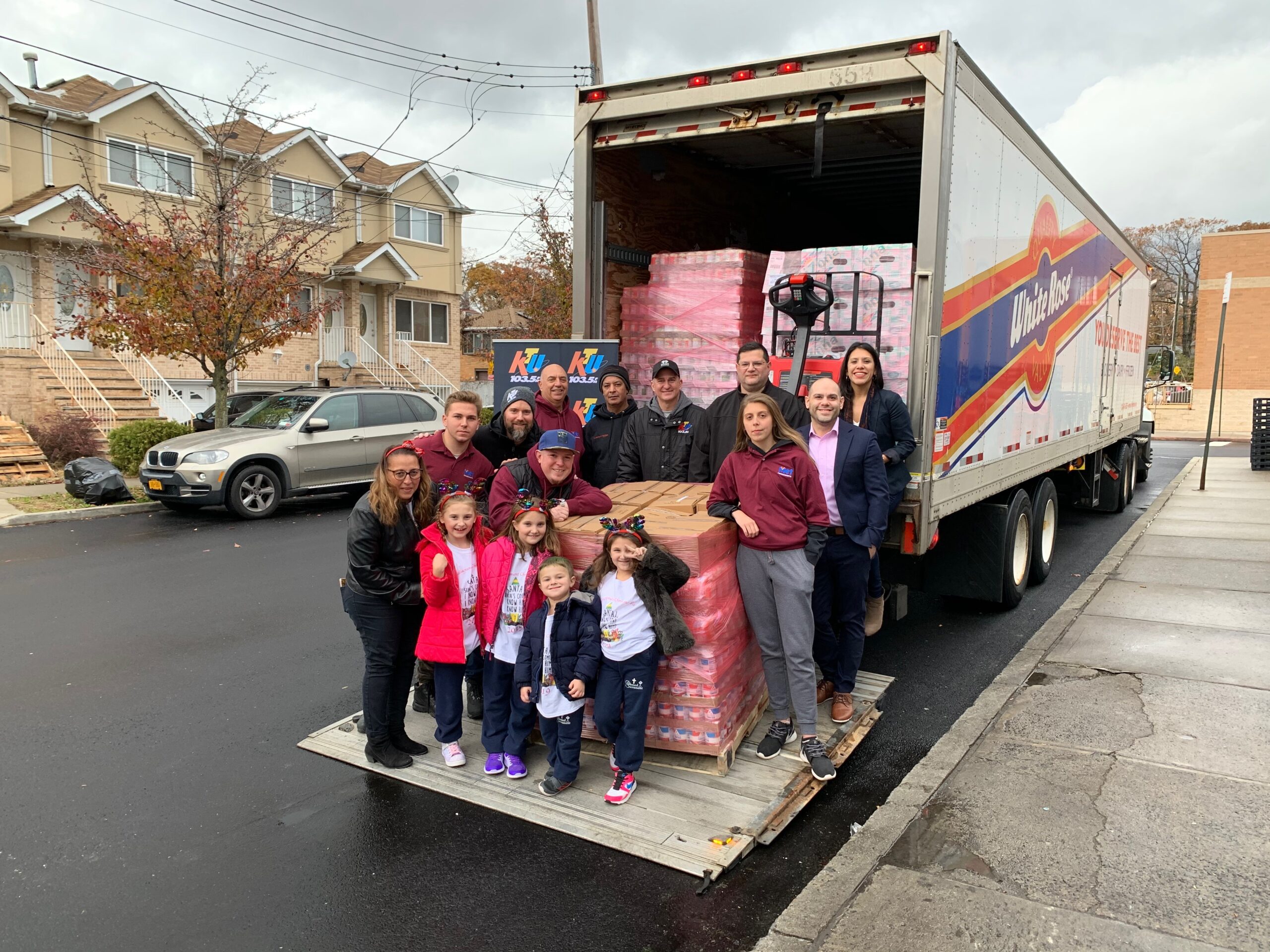
Uber Freight is pioneering the future of truck scheduling, launching the first scheduling application interface (API) developed from newly established industry standards. Just four months after these standards were published, Uber Freight has taken a significant step forward, demonstrating its commitment to innovation and efficiency in the logistics sector.
Standardizing Truck Scheduling
In a notable collaboration, Uber Freight, along with Convoy and JB Hunt, initiated an effort in December 2022 to create uniform truck scheduling standards. This initiative aimed at system integration across the fragmented logistics sector, ensuring transparency and efficiency. The consortium, which now includes tech giants like Oracle and logistics leaders such as DHL and Ryder System, released these standards on GitHub, marking a milestone in the industry’s push towards streamlined operations.
Pioneering with a Pilot Program
Uber Freight’s announcement of a pilot program for its API comes after successful tests demonstrated a significant reduction in scheduling time. This innovation not only accelerates load coverage by up to 75% but also promises a revolution in how freight operations are managed. The API facilitates real-time data exchange, improving visibility, accuracy, and efficiency for truckers and shippers alike.
A Leap Towards Operational Efficiency
The integration enabled by Uber Freight’s API eliminates manual scheduling, offering a seamless connection between logistics platforms and carrier systems. This leap forward is expected to bring considerable cost savings and operational benefits. For example, Uber Freight estimates a savings of almost $10 per load by reducing the reliance on manual processes.
Expansion and Future Integration
Following the pilot, Uber Freight plans to extend this API to all customers using its Transport Management System (TMS) by the second half of the year. The aim is for comprehensive integration with major TMS providers by year-end, emphasizing the eagerness within the industry to adopt these new standards.
The Path Forward
As Uber Freight evolves into a software-as-a-service provider, the industry reflects on the importance of not just having technology but utilizing it effectively. Despite advancements, challenges persist, highlighted by the struggles and adjustments within the trucking market, including job cuts and business closures. The lesson here extends beyond innovation, stressing the crucial role of practical technology application in shaping the future of logistics.
Embracing Innovation in Logistics
Uber Freight’s development of a scheduling API based on industry-wide standards is a testament to the power of collaboration and innovation in logistics. As the sector moves towards more integrated and efficient operations, the focus remains on not just creating technology but leveraging it to transform the logistics landscape. Share your thoughts on how this advancement could redefine truck scheduling and logistics operations.
If you made it to this part of the article, we’d just like to take a moment to thank you for taking the time to read this news recap. Be safe out there and as always, If you’re in search of CDL A, B, or warehouse positions, check out our open positions. And if you need staffing solutions for commercial driving or industrial positions, be sure to explore our offerings.



